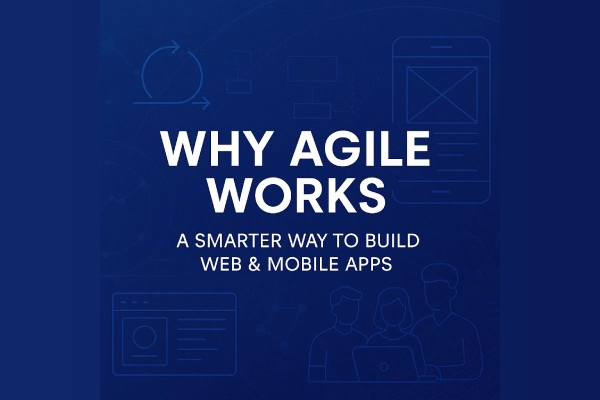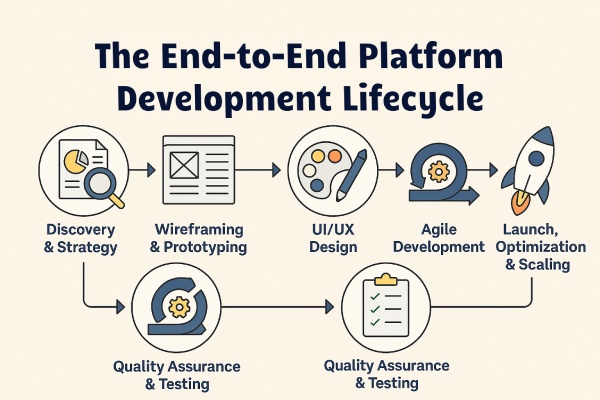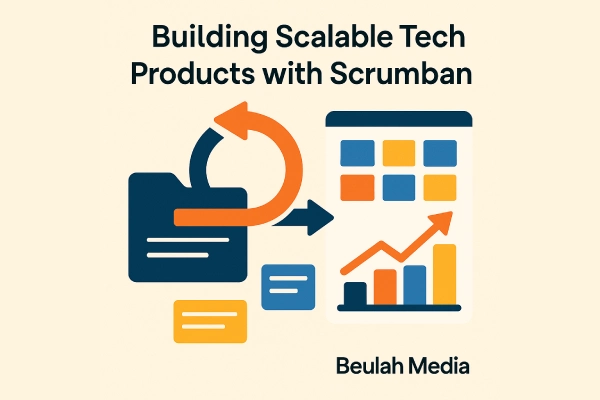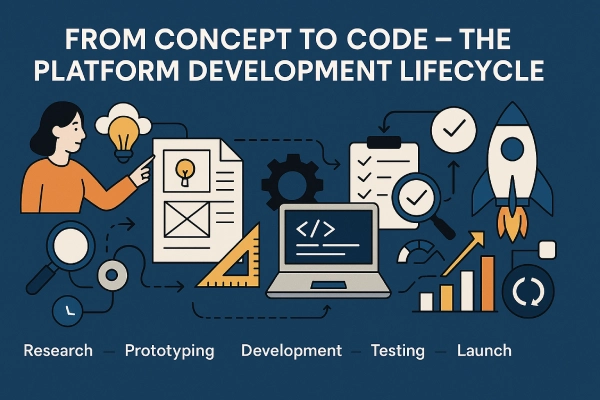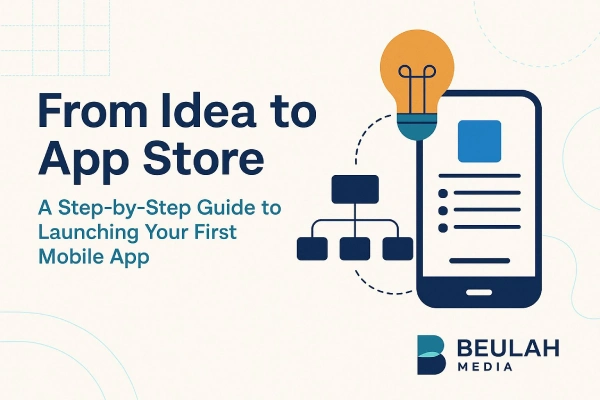Platform vs Product – What Startups Must Know Before Launch
One of the most important strategic choices a startup must make usually sooner than they realize is deciding whether they’re building a product or a platform.
It’s not just semantics. It affects everything:
- Your tech stack: A platform is more likely to need a more heavy-duty backend
infrastructure. - Your business model: A product sells a solution. A platform brings users, services, or
data together—often creating value through network effects. - Your go-to-market strategy: Products validate relatively fast. Platforms validate a bit
slower but scale larger.

Here’s a quick way to differentiate:
- A product solves one problem for one type of user.
- A platform enables others to add or connect value (e.g., Uber connects riders and drivers; Shopify connects buyers and merchants).
- Startups far too often try to go live with a platform before having tested a single product. We help startups start small and iterate fast—maybe with one idea for a product—and build toward a platform only when there is traction.
- Solve one problem extremely well. Then scale.
The Common Mistake: Trying to Build a Platform Too Soon
Many startups make the mistake of aiming to launch a platform from day one, believing that bigger automatically means better. However, without users on both sides (supply and demand), platforms fail to create enough value early on.
Platforms need a critical mass to succeed. Without enough participants, there’s no value for anyone—which is why validation takes longer.
Instead, smart startups start small: they focus on one product, solve one problem extremely well, and use that success as a springboard.
Our Approach: Start Small, Build Fast, Scale Wisely
When we work with startups, we always recommend starting with one simple, validated product.
Why? Because:
- A focused product allows you to move fast.
- You can test, learn, and pivot based on real customer feedback.
- You build credibility, traction, and maybe even a passionate early user base.
Only after you have proof of value—meaning users love what you built and depend on it—should you even consider expanding into a platform strategy.
🚀 Solve one problem extremely well. Then scale.
Read Also: 5 Agile Practices Every Startup Should Adopt Early
Final Thoughts
Deciding between building a product or a platform early will shape the DNA of your startup.
If you try to skip steps, you risk building something nobody uses. But if you focus on solving one real problem brilliantly, you create a solid foundation for future growth—whether that leads to an even better product or an expansive platform.
Think big, but start focused. That’s the real key to startup success.

